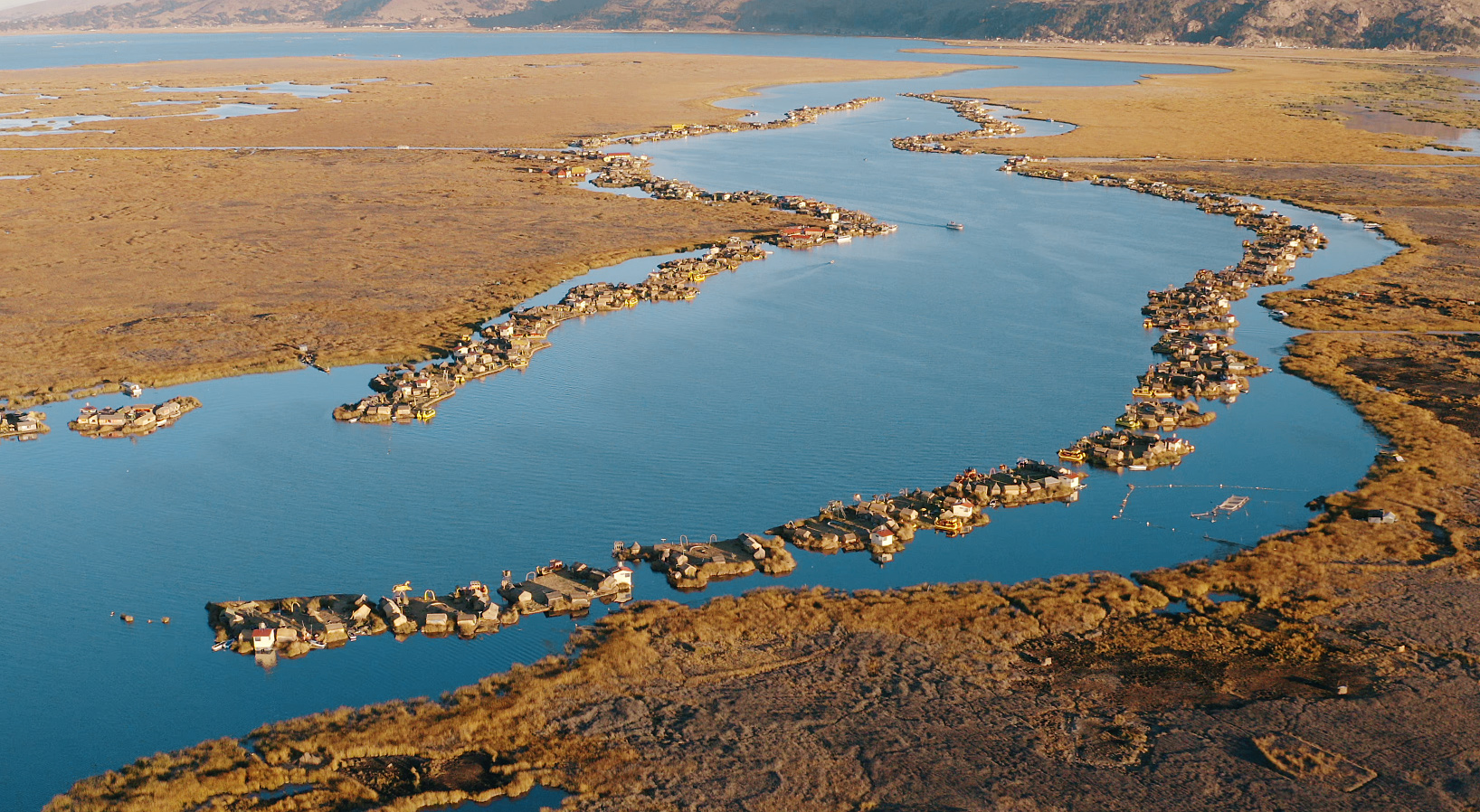The mysterious origins of Peru's oldest indigenous people [View all]
THE PAST — FEBRUARY 12, 2024
The Uros of Lake Titicaca live on floating islands made from reeds. How did they get there?
The Uros are an indigenous people living on floating reed islands on Lake Titicaca in Peru, whose origins and identity have been subject to doubt by neighboring communities and authorities. Genetic findings have helped to substantiate their unique lineage. The findings also helped the Uros achieve long-awaited recognition from the Peruvian government as Lake Titicaca’s original and rightful inhabitants.
Tim Brinkhof
In 2007, a team of geneticists traveled to Lake Titicaca in southern Peru to study the DNA of the Uros, an indigenous people who live on the water in floating houses made from reeds. The Uros were no strangers to foreign visitors. Their unusual way of life has long attracted travelers from all across the world, from backpackers and missionaries to, in recent years, an engineering class from Brigham Young University in Utah that equipped the islands with water filters and biodegradable toilets.
Still, this visit was different. Many of the Uros — modern-day hunter-gatherers — did not understand why the geneticists wanted to take samples of their saliva and were hesitant to participate in the strange experiment. Community leaders tried to convince them otherwise. Although the Uros have long claimed to be the descendants of a culture that predated the Incas, few of their fellow Peruvians — not even other indigenous groups — believed them. Residents of Puno, a city on Titicaca’s shores, asserted that their lifestyle was a fabrication, a performance staged for tourists. They were also called into question by the central government in Lima, which wished to consolidate control over the lake, and its tourism industry, through the formation of a national reserve. Scientific proof of their enigmatic lineage could not just give the Uros peace of mind but also enshrine their political rights.

An aerial view of a large body of water dotted with Uros islands.
Aerial view of the Uros islands in Lake Titicaca. (Credit: Gentle / Wikipedia)
“We always ask ourselves whether we are Uros or not,” Julio Vilca, the mayor of the islands, told the others. “So let’s go for it, let them tell us once and for all whether we are Uros or not. Proving that we are Uros is going to help us in our struggle. I will go first!” While their DNA, analyzed by Jose Raul Sandoval and his colleagues at the Center for Genetics and Molecular Biology at San Martin de Porres University in Lima, ended up telling a different story than the one preserved in Uros oral traditions, the study did, as Sandoval told Big Think in an interview, help the islanders achieve long-awaited recognition from the Peruvian government as Lake Titicaca’s original and rightful inhabitants.
A genetic mystery
The origin story of the Uros, who number close to 2,000 individuals (around 5,000 if you count those living on the Bolivian side of the lake), differs depending on who you ask. The Uros themselves trace their history back to a similarly named indigenous culture known as the Urus, whom archaeological and linguistic studies suggest lived a semi-aquatic existence in the Amazonian wetlands before migrating into the Andes Mountains. Initially, the Urus lived on Titicaca’s shores before moving onto the water to escape subjugation by the Inca Empire, as other indigenous groups did. Along the way, they gave up agriculture in favor of hunting and fishing: practices the Uros continue today.
More:
https://bigthink.com/the-past/uros-titicaca-dna/
